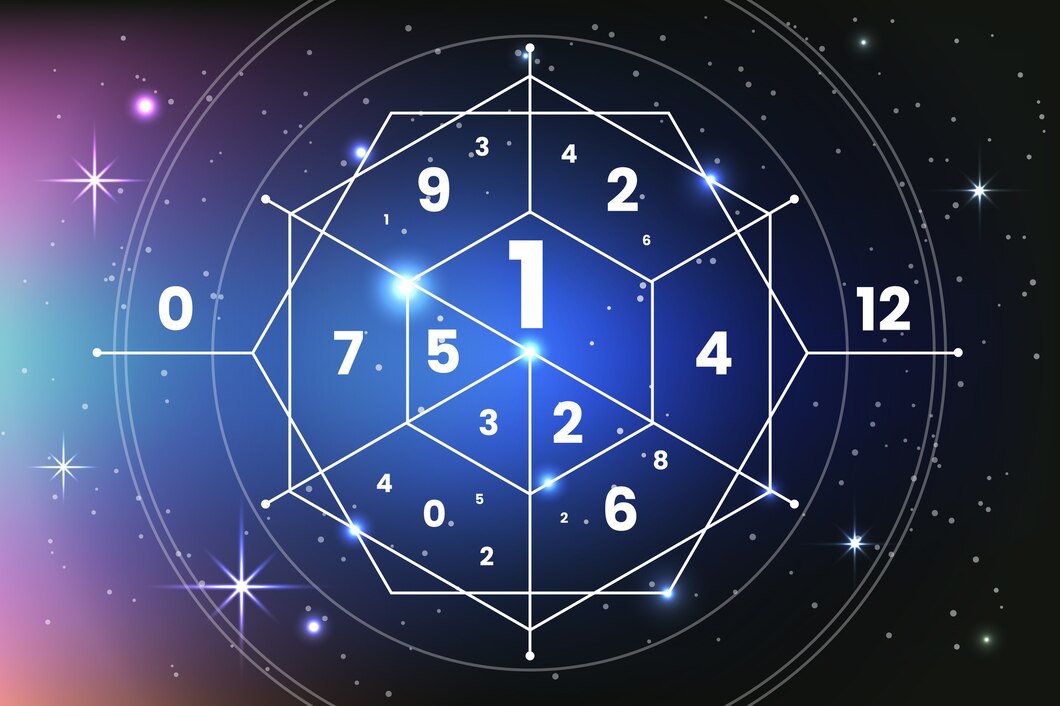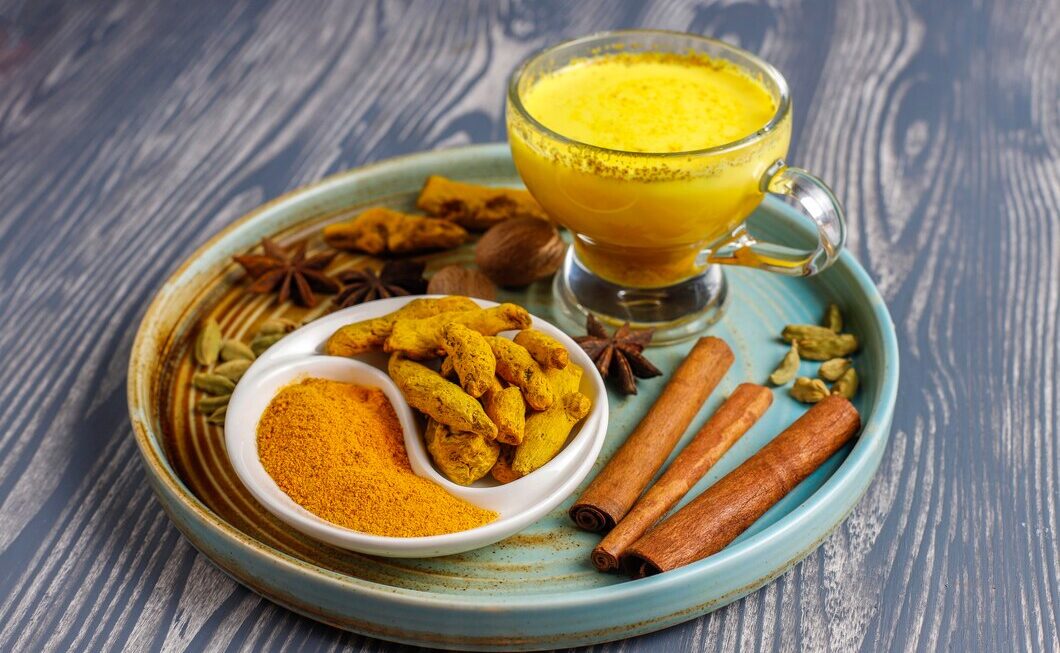What if you could ‘fix’ your bad karma? What if there was a precise, ancient technology to recalibrate your destiny, ease your struggles, and unlock greater peace? In Vedic astrology, the act of ‘Daan’ (charity) is not just ‘nice’—it’s a profound science of karmic repair. Far from being a mere suggestion, daan in Vedic astrology is considered one of the most potent remedies, a direct line to appeasing planetary energies and mitigating adverse karmic patterns. This isn’t about superstition; it’s about understanding the intricate dance of giving and receiving, and how a selfless act can ripple through your energetic blueprint, transforming challenges into opportunities for growth.
The Karmic Logic of Daan: Releasing Energetic Debt
At its heart, Daan operates on a universal principle: what you give, you receive. But in the Vedic context, it goes deeper. Each planet in astrology carries specific energies, attributes, and karmic debts. When a planet is unfavorably placed in your birth chart, or during challenging planetary transits (like the infamous Sade Sati for Saturn), it can manifest as obstacles, illnesses, financial woes, or relationship troubles. These are not punishments, but rather karmic lessons presenting themselves for resolution.
How does Daan work as a charity remedy in astrology? By donating an item intrinsically linked to a particular planet, you are, in essence, ‘releasing’ or ‘transmuting’ the karmic energy of that planet. You are demonstrating to the cosmos, and to your own subconscious, a willingness to let go, to share, and to humble yourself. This act of voluntary sacrifice and compassion creates a counter-balancing energy, pacifying the malefic influence of the planet and opening pathways for more benevolent outcomes. It’s a sophisticated system of energetic exchange, where your generosity becomes a catalyst for profound personal transformation.
Shani Daan: A Powerful Remedy for Saturn’s Lessons
Among all planetary remedies, donating items for Saturn (Shani Daan) is considered one of the most powerful and essential, especially during difficult periods such as Sade Sati, Dhaiya, or when Saturn is debilitated or afflicted in one’s chart. Saturn is known as Shani Dev, the great ‘Taskmaster’ and the ‘Lord of Karma.’ He represents discipline, hard work, responsibility, suffering, delay, humility, and justice. His lessons are often harsh, designed to strip away ego and force us to confront our deepest fears and limitations.
Reason: Why is Shani Daan so effective? Because Saturn is the great ‘equalizer’ and the lord of karmic debt. The items associated with it—such as iron, oil, black grains, and humble sustenance—carry its heavy, ‘tamasic’ (inert, dark, grounding) energy. When you willingly and selflessly give these items away to those Saturn represents (the poor, the downtrodden, the elderly, the disabled, laborers, and servants), you are effectively ‘lightening’ your own karmic load. You are acknowledging the lessons of humility and service that Saturn seeks to impart. This act of giving symbolizes your acceptance of Saturn’s role in delivering karmic results, and your proactive step to engage with those results compassionately. It’s a direct appeal to Shani Dev’s sense of justice, showing that you understand the value of selflessness and concern for others.
Example: Imagine a period of intense financial struggle or persistent delays in your life, common manifestations of an afflicted Saturn. Donating a black blanket to a homeless person on a Saturday is a direct, physical ‘remedy’ for Saturn. You are offering ‘warmth’ (a comfort) in a ‘Saturnian’ way (black, humble, for the needy), which appeases the planet’s cold, hard energy. Similarly, offering black sesame seeds (til) to a temple or to the poor, or donating mustard oil for lighting lamps at a Shani temple, are potent acts. These are not mere rituals; they are energetic transactions that align your actions with the compassionate aspect of Saturn’s strict justice.
Therefore, Shani Daan is not a superstition; it’s a profound energetic exchange that demonstrates humility and empathy, the very lessons Saturn wants to teach you.
The Toolkit for Shani Daan: Specific Donations for Saturn
To perform effective donation upaya for Saturn, one needs a clear understanding of the specific items, the timing, and the recipients.
1. The Items: What to Donate for Saturn
Saturn is associated with items that are dark, heavy, slow-moving, or represent labor and austerity.
- Black Sesame Seeds (Til): These are perhaps the most popular and potent offering for Saturn. They represent purity, protection, and the subtle karmic connections. Donating black til to the poor or offering it into flowing water on a Saturday is highly recommended.
- Mustard Oil: Saturn’s energy is often described as dry and cold. Mustard oil, being warm and heavy, helps to pacify this. Donating mustard oil, especially for lighting lamps in Shani temples or giving it to the needy for consumption or massage, is very beneficial.
- Iron: As a heavy metal, iron is strongly associated with Saturn. However, donating raw iron can be tricky. Instead, one might donate iron utensils, tools, or even a small iron pan. Avoid donating sharp iron objects.
- Black Clothes/Blankets: Saturn represents the common man, the laborers, and those who lack warmth and comfort. Donating black or dark blue clothes, especially warm blankets, to the poor or homeless is a compassionate and effective remedy.
- Leather Goods: Since Saturn rules skin and old things, leather is also associated with it. Donating old but functional leather shoes or belts to the needy can be a form of Shani Daan.
- Urad Dal (Black Gram): This black lentil is another significant item. Donating uncooked urad dal or preparing dishes with it and distributing them to the poor is a common practice.
- Salt: Though not as common, a small packet of salt can also be offered, especially to those who work in manual labor.
2. The Day: When to Perform Shani Daan
The specific day is crucial in amplifying the effects of Daan.
- Saturday: Saturday (Shanivar) is the day dedicated to Lord Shani. Performing Daan on a Saturday, especially after sunset or during the Hora of Saturn (specific planetary hour), is considered most auspicious and effective for appeasing Saturn. The energy of the day naturally aligns with the planetary ruler, enhancing the impact of your charity.
3. The Recipient: Who Benefits from Your Daan?
The recipient of your charity is just as important as the item itself. The attitude of giving to the ‘right’ person or entity amplifies the karmic benefit.
- The Needy and Poor: Saturn represents the poor, the downtrodden, and those who face scarcity and hardship. By serving them, you are serving Shani Dev directly. Look for opportunities to help those truly in need, without discrimination.
- The Elderly: Saturn also rules old age and the wisdom that comes with it, but also the potential for loneliness and infirmity. Offering support, food, or comfort to the elderly is a powerful form of Shani Daan.
- The Disabled: Those with physical limitations often embody the challenges and restrictions that Saturn can impose. Helping the disabled, either directly or through organizations, is a highly meritorious act.
- Laborers and Servants: Saturn is the planet of service and hard work. Being kind, fair, and generous to those who serve you or who perform manual labor (like sweepers, drivers, domestic helpers) is an excellent way to honor Saturn’s energy.
- Crows and Dogs: In some traditions, feeding black dogs or crows (especially bread soaked in oil) on Saturdays is also considered a way to appease Saturn, as these animals are associated with Shani Dev.
The Attitude of Giving: Humility and Selflessness
The efficacy of any daan upaya lies not just in the act itself, but in the attitude with which it is performed. True Daan must be done with humility, compassion, and without any expectation of return. It is an act of letting go, of acknowledging that everything ultimately belongs to the divine, and you are merely an instrument of its distribution.
- Humility (Vinamrata): Approach the act of giving with genuine humility. Avoid any display of superiority or pride. Remember, you are performing a sacred act of service.
- Selflessness (Nishkama Karma): Give without expecting any immediate reward, recognition, or even a thank you. The true reward is the internal purification and the realignment of your karmic energies.
- Shraddha (Faith): Perform Daan with unwavering faith in its power and purpose. Believe that your sincere efforts are indeed appeasing the planetary deity and clearing your karmic path.
- Purity of Intent: Ensure your intentions are pure. This is not about ‘buying off’ your karma but sincerely expressing remorse, seeking balance, and contributing positively to the world.
When you offer with a pure heart, the energy exchange is profound. You are not just giving an item; you are offering a piece of your ego, a moment of your time, and a surge of your compassion. This transforms the materialistic act into a spiritual one, aligning you with the higher vibrations of empathy and selfless service—qualities that Saturn ultimately seeks to cultivate within us.
Beyond the Material: The Deeper Meaning of Daan
While specific items and timings are important, the deeper meaning of Daan extends beyond material donations. It encompasses the giving of knowledge (Vidya Daan), time (Seva Daan), and even forgiveness. Ultimately, Daan is a practice that teaches us detachment, fosters empathy, and strengthens our connection to the universal flow of energy.
In the intricate tapestry of Vedic astrology, every challenge is an opportunity, and every planetary influence holds a lesson. Daan, as a charity remedy, is a powerful tool to engage with these lessons proactively and consciously. It empowers individuals to take charge of their karmic narrative, transforming passive suffering into active spiritual growth. By understanding and practicing the profound wisdom of Daan, we don’t just ‘fix’ our karma; we evolve our soul.












